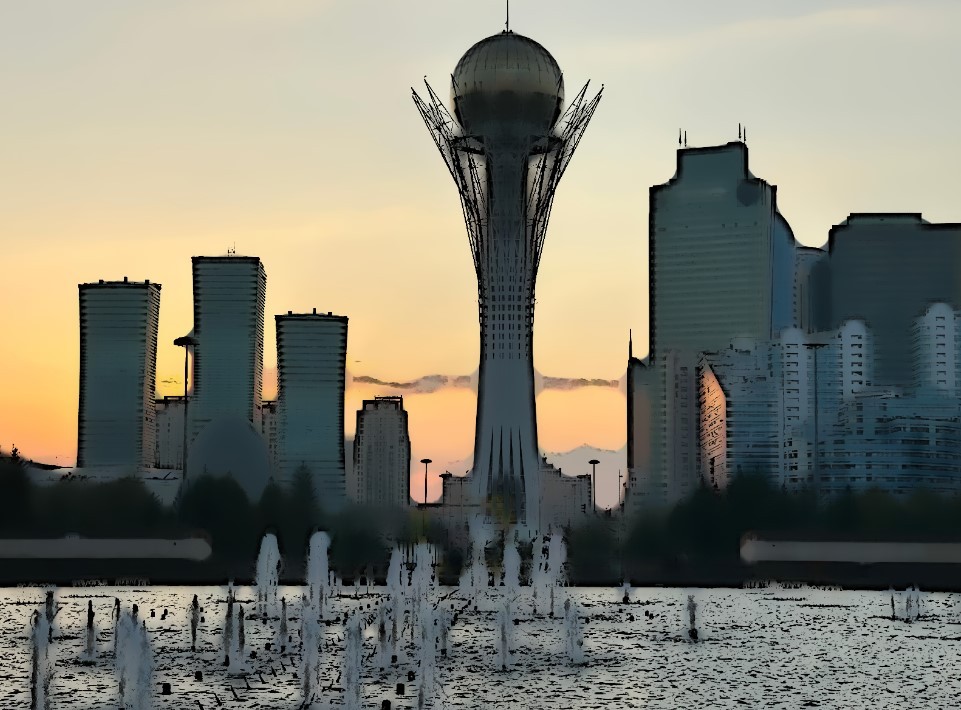Bulgarian Spy Ring Attempted to Threaten Kazakh President’s Western Ties
A spy cell in the UK, including five Bulgarian nationals, targeted multiple individuals and locations over nearly three years, according to court documents at the Old Bailey, officially known as the Central Criminal Court of England and Wales. The Bulgarian nationals had stood accused of spying for Russia at the behest of the fugitive Jan Marsalek, the former COO of Wirecard, described by prosecutors as “believed to be linked to the Russian state”. The trial centered around thousands of sinister messages between Marsalek and Bulgarian national Orlin Roussev, who compared himself to the fictional character of ‘Q’ from the James Bond movies, and his “team leader” Bizer Dzhambazov, who managed the other three defendants, all belittlingly referred to as “the minions”. Roussev and Dzhambazov had pleaded guilty to their role in the spy ring prior to the trial. [caption id="attachment_29626" align="aligncenter" width="1600"] The Central Criminal Court of England and Wales; image: TCA, Stephen M. Bland[/caption] The story has all the hallmarks of a Hollywood script: gadgets, beautiful women, and dozens of fake IDs used to rent cars and properties across Europe for various operations. The defendants plotted espionage, psyops, and disinformation campaigns, and even kidnapping and murder, some of which were partially carried out in the UK and across continental Europe, including in Germany, Austria, and Spain, as well as other locations. Messages presented to the court indicate that, beyond their alleged collaboration with the Russian FSB, the gang operated as mercenaries for any party willing to pay. The Bulgarians devised schemes appealing to their purported connections in Russia, Kazakhstan, Serbia, China, Malaysia, and Colombia. Germane to Central Asia, the spy ring engaged in a range of covert activities targeting Kazakhstan. In 2021, they botched a surveillance operation against Bergey Ryskaliyev, a long-time adversary of former President Nursultan Nazarbayev. Ryskaliyev, the former governor of Kazakhstan’s Atyrau region, fled to London after being accused of embezzling hundreds of millions of U.S. dollars and was sentenced in absentia to 17 years in prison for leading an organized criminal group. Targeting Kazakhstan’s President By 2022, the group’s efforts had escalated into an elaborate scheme to influence Western government officials to impose punitive measures against Nazarbayev’s successor, President Kassym-Jomart Tokayev. The plan began with the creation of an entity designed to lend legitimacy to a fabricated grassroots opposition movement, the inception of which was discussed in Telegram chats between Marsalek and Roussev. “If you have a preferred name… otherwise I will use my imagination and historical facts from the past centuries. Also… how about for the fake company or real company that we register to use some Chess terms…”, Marsalek suggested with regards to naming the NGO. To which Roussev replied: “Let's call it ‘Truth on the Steppes Publishing Ltd.’” The duo would later refer to the entity as “TOTS”. Marsalek agreed, saying, “UK… will be done in a few days… that one I will register tomorrow - UK company ‘Truth on the Steppes Publishing Ltd.’” Shortly after, "Truth on the Steppes Publishing Ltd"...


